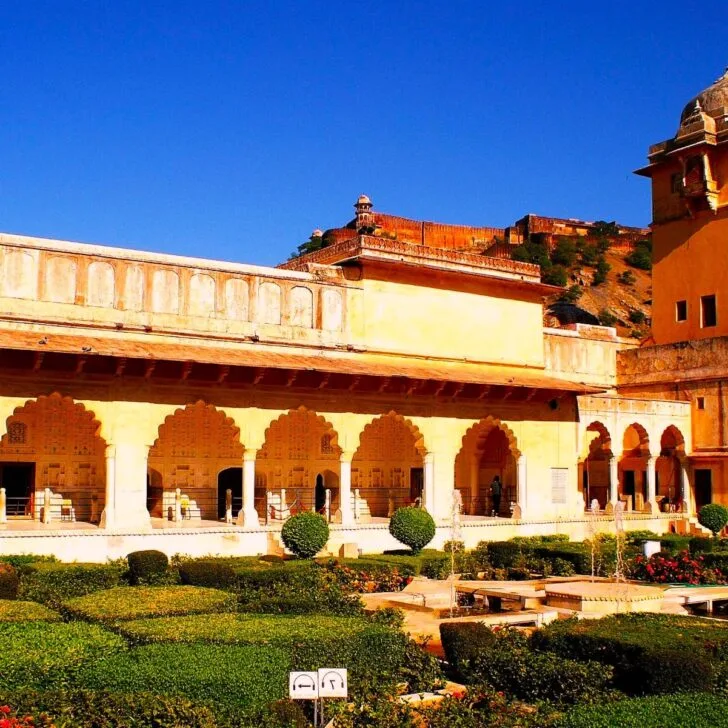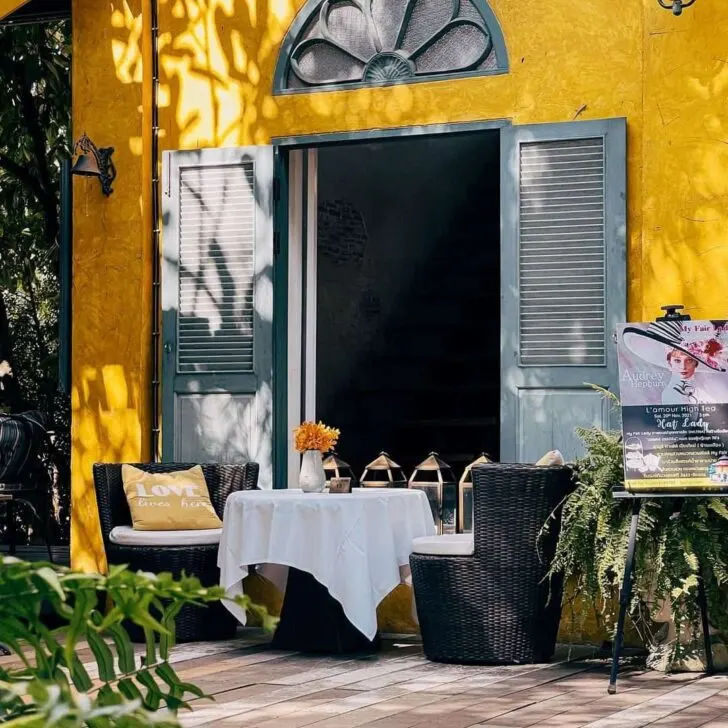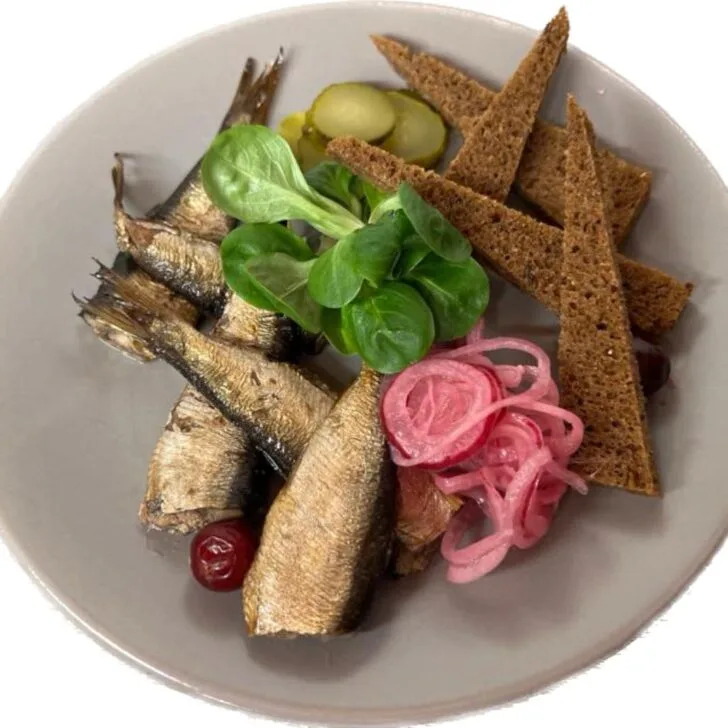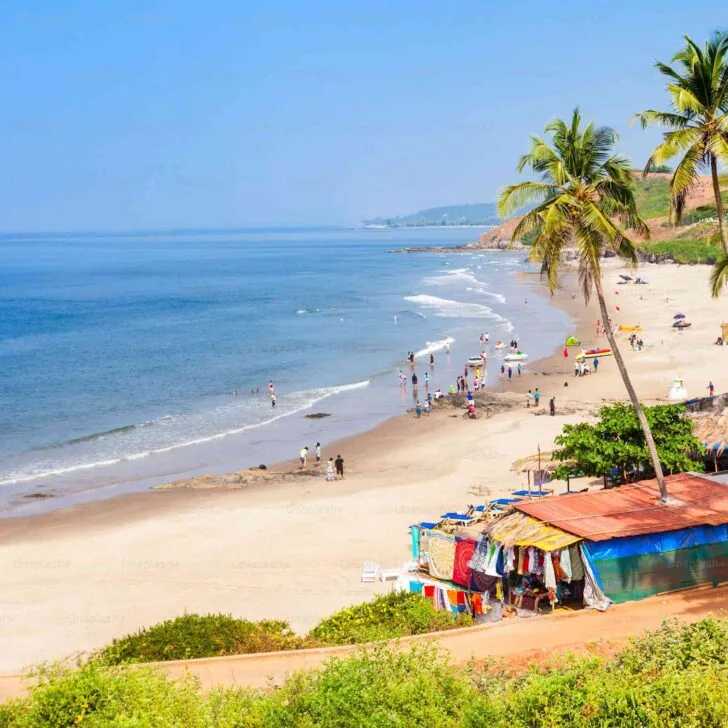We may receive a commission if you make purchases through affiliate links (at no extra cost to you). Read why our approach to travel is different.
For North American, British and Australian travellers, it is essential that you are armed with local insights before your visit to Syria. It will come as no surprise that a bloody war that has been going for over 12 years and a terrifying earthquake at the start of 2023 (which hit Türkiye, too) have left marks on Syria that you need to be prepared for and which make Syria tours more complicated than tours of other places.
Syria can be safely visited and the Syrian government encourages tourism, but you need to know certain things before you travel to Syria.

Skip to...
- 1. You will need to go on a guided tour
- 2. Be careful what you post on social media – it can affect your guide
- 3. You must not take anything related to Israel into Syria
- 4. Electricity and hot water are not constant
- 5. Regular business hours don’t exist
- 6. You’ll be handling bags of cash – literally
- 7. And you’ll need another small bag to carry your cash
- 8. Syrians don’t shake their heads to indicate “no”
- 9. If you plan to hire a car, watch your speed (really)
- 10. If you visit Syria in August, restaurants will be full and parties aplenty
- 11. Use of foreign currency (especially U.S. dollars) is prohibited in shops, but is required in hotels
- 12. Syrians use a different hand motion to ask for the check
- 13. Syrians tap their heads and under the ears often – and you should know why
1. You will need to go on a guided tour
Unless you enter Syria on a Chinese passport, you will only be able to visit Syria on a guided tour. As at the time of writing, there isn’t anything to indicate that Syria will reopen for independent travel in the near future.
You can get in touch with us if you’re looking to plan a trip to Syria and are looking for Syria tours. We have excellent guides in our network that we can connect you with and who we are sure will make your time in Syria unforgettable.

Having said this, although you’ll need to be on a guided tour, once you’re in Syria, you can ask your guide to take you virtually anywhere that isn’t a military zone. So it pays to know the best places to visit in Syria before you go on your trip so that you can make sure that you’re seeing the best of the best.
Generally speaking, you’re free to do most things that you’d like to do in Syria. It’s not like North Korea where you’re on a designated tourist trail and cannot speak to people. You can more or less do whatever you want when you’re in Syria.
But that doesn’t mean that you should. Your guide will want to give you the best possible experience, but, ultimately, they must report back to the Syrian authorities on everything that you did in Syria. This also means that your public profiles (including Instagram and Facebook) may be monitored by the authorities. If you’re too critical of the government, this may adversely affect your guide.

Just be wary not to make public posts that are highly critical of the Syrian government. Your guide in Syria will be tagged to you, which means that anything that you do will reflect on your guide as well. Bear this in mind irrespective of which of the many Syria tours you go on.
It’s no surprise that Syria and Israel have been at war since Israel was founded in 1948. As such, it is critically important that you don’t take anything into Syria related to Israel – particularly things written in Hebrew.
And that means everything: remove all luggage tags with TLV, discard any Hebrew-language materials, and scrub your online profiles of all public content which suggests that you’ve been to Israel. Don’t end up in jail or detention in Syria because of this. And yes, it does happen.

Israel doesn’t typically stamp foreign passports on arrival at Ben Gurion International Airport (TLV), but you will be issued with an entry permit bearing the Israeli coat of arms. As that entry permit is required to check into your accommodation in Israel, it is usual that it is placed in your passport.
If you have one, make sure to dispose of your Israeli entry permit before you attempt to enter Syria. Too many people leave it in their passport and forget to discard it.

4. Electricity and hot water are not constant
So much of Syria’s infrastructure was severely damaged during the war. Unfortunately, a lot of that infrastructure hasn’t been fully restored.

Because of this, electricity and hot water can be out of action for hours at a time during a day. It varies across the country, but generally you can expect electricity to be on for four hours and off for four hours – but it very much depends on where you are.
Many establishments including hotels and restaurants use communal generators which facilitate more or less 24/7 electricity. However, power cuts are still common, though they may only last for a moment before the generator kicks in.

People usually know around what time the electricity is going to go out. You’ll want to remove your devices from their chargers (laptops, phones etc.) as they may short circuit.
You may also want to check with your hotel so that you can properly plan your day including when you can go to the shower. All good Syria tours will account for electricity problems, but it’s something to bear in mind before you go.
5. Regular business hours don’t exist
It’s often the case that we rely on Google to find the opening hours for shops, restaurants and attractions such as museums. You can’t really do this in Syria (especially outside of the major cities) because they open and close whenever they like.

The general rule in Syria is that Christian-majority areas will not open on Sundays, and Muslim-majority areas will not be open on Fridays. Irrespective of the demographic, shops will usually close between 1 pm and 5 pm and then reopen to 9 pm or 10 pm. Think of it like a Syrian siesta.
The “area” can be as small as specific streets in a town or village. For example, the area immediately around Bab Touma in Damascus is a Christian-majority area, so the shops there will cater to Christian clientele.

If you want to go to a specific museum, it really helps to ring ahead because entry times and entry regulations are arbitrary. Even a lot of tour guides don’t realize this.
For example, the October Panorama Museum in Damascus states that it is open on Saturday mornings. However, if you go with a group fewer than 20 people, they won’t let you in. In our opinion, all good Syria tours should include a visit to the October Panorama Museum to the extent possible – it’s very unique.

6. You’ll be handling bags of cash – literally
Rampant inflation in Syria has caused the Syrian pound to lose significant value. The Syrian monetary authority hasn’t caught up, so the highest denomination is still 5,000 Syrian pounds which, as at January 2024, is about 40 U.S. cents.

Note that it is illegal for unlicensed traders to exchange foreign currency for local Syrian currency. Despite that, it is a lucrative trade so many will do it. Often the amount that you’ll get from a local trader will be more than from an official bank, but unless you go with someone that the trader is absolutely sure of, they won’t exchange money for you.
You’ll have to go to an official bank to exchange currency. It changes slightly every day but ultimately it’s about the same. Check with your Syria tours provider what rate you can expect.

As at January 2024, US$100 would get about 1.5 million Syrian pounds at the black market rate. Banks will give you about 20-25% less than the black market but unless you know someone it’ll be very difficult to avail yourself of the black market rate.
The latest reports suggest that the banks and black market traders aren’t so different anymore, so don’t feel like you’re missing out if you exchange at a bank.
7. And you’ll need another small bag to carry your cash
It is likely that the government will create a higher denomination than 5,000 Syrian pounds as inflation isn’t slowing down. But this hasn’t happened yet.

Because of this, you’ll need a small bag to carry your money, like a fanny pack. Most Syrians will carry their money bag in their hands or in an over-the-shoulder bag.
Syria is safe in terms of there being a lack of petty crime, so you don’t need to stress about finding a bag that can be hidden under your clothes. Virtually everyone is holding a bag with piles of cash.

8. Syrians don’t shake their heads to indicate “no”
This may seem rude to you at first, but you’ll get used to it (and might even start doing it). In the West, we shake our heads to express “no”.
Syrians, however, lift their heads to express “no”. This movement will usually be accompanied by a quiet “tet” sound (though not always). Most older Syrians won’t know what you mean if you shake your head to express “no”, so best to say “la” (the Arabic word for “no”) or lift your head as the Syrians do.

Everyone does it: the young and the old. So don’t feel like you’re doing something wrong or rude by lifting your head to express “no”.
9. If you plan to hire a car, watch your speed (really)
We generally don’t recommend that you drive in Syria because checkpoints can become extremely burdensome if you don’t speak Arabic (and also there aren’t any road rules). If you do, just know that car rental companies actually monitor your speed and will call you if you exceed the speed limit for too long and too frequently.

I know of instances where a representative from the car rental company has come to pick up the car because of speed violations. I don’t think I’ve been to any other country in the world where this happens. Having said that, virtually all Syria tours will arrange transport for you so you very likely won’t need to worry about driving.
10. If you visit Syria in August, restaurants will be full and parties aplenty
You might not know it, but Syrians like to party – and they party hard. During summer, many Syrians who have moved overseas return to the country, meaning everything becomes a lot busier. It becomes almost impossible to get a booking at restaurants.

Restaurants will be heaving, and everyone will be talking about the parties that they’ll go to in the evening. And they really are world-class.
The parties are held in incredible places including the famous Krak Des Chevaliers in Wadi Al Nasara. The buildings are lit up, the music is electronic (mostly) and everyone is drinking and smoking.

If you’re in Syria during the summer, try to go to one of the summer parties. The best of them can be found in Wadi Al Nasara (a Christian-majority area to the west of Homs), Damascus and Tartus. Your guide will usually be more than happy to take you to a bar or club. All good Syria tours should include a night out soaking up the nightlife of the country.
11. Use of foreign currency (especially U.S. dollars) is prohibited in shops, but is required in hotels
You will notice that Syrian shopkeepers become worried at the mere mention of dealing in foreign currency. This is because the Syrian government disallows use of foreign currency. And the Syrian secret police (the Mukhabarat) enforce this.
Very strangely, hotels require foreigners to pay for accommodation in U.S. dollars. You should be prepared for this if your accommodation isn’t being taken care of by a local or a tour guide.

12. Syrians use a different hand motion to ask for the check
In the West, we generally use a finger to air-scribble a signature on the other hand to ask for the check or bill. Syrians simply wont understand that.
In Syria, you place the side of your right hand against the top of the palm of your left hand. In the West, that motion is often used to indicate a time out or a pause.

If you’re with a group and you do this, they’ll all be very surprised that you knew about this. Give it a whirl. And you’ll be asking for check a lot when you find out how tasty Syrian food and Syrian dessert are.
13. Syrians tap their heads and under the ears often – and you should know why
This is one of my favorite things that Syrians do. I wish I could make it a thing in the West.
In Syria, tapping your head is a way of signaling that something is fine or not a problem. It’s the physical way that Syrians express the phrase “ah raseh” which means “on my head”.
This one is used very commonly so you should know about it. Syrians will love it if you do it too!

Syrians also tap under their eyes often. This is the physical way that Syrians express the phrase “bi aynuneh” which means “from my eyes”. It’s used similarly to “ah raseh”.
For example, if you ask a waiter for a glass of wine in a loud restaurant or bar, they will respond by tapping under the eyes. This means that they’ve understood and acknowledged your request.
Share This Article

Traveling soon? Subscribe to The Insight below and get exclusive access to our personalized travel advice community via WhatsApp so you can ask all your burning travel questions.
Looking for the best comprehensive travel insurance? SafetyWing has you covered.
And for your eSIM in every country, there is only one option we recommend: Airalo.
Read more of our best insights from around the world





